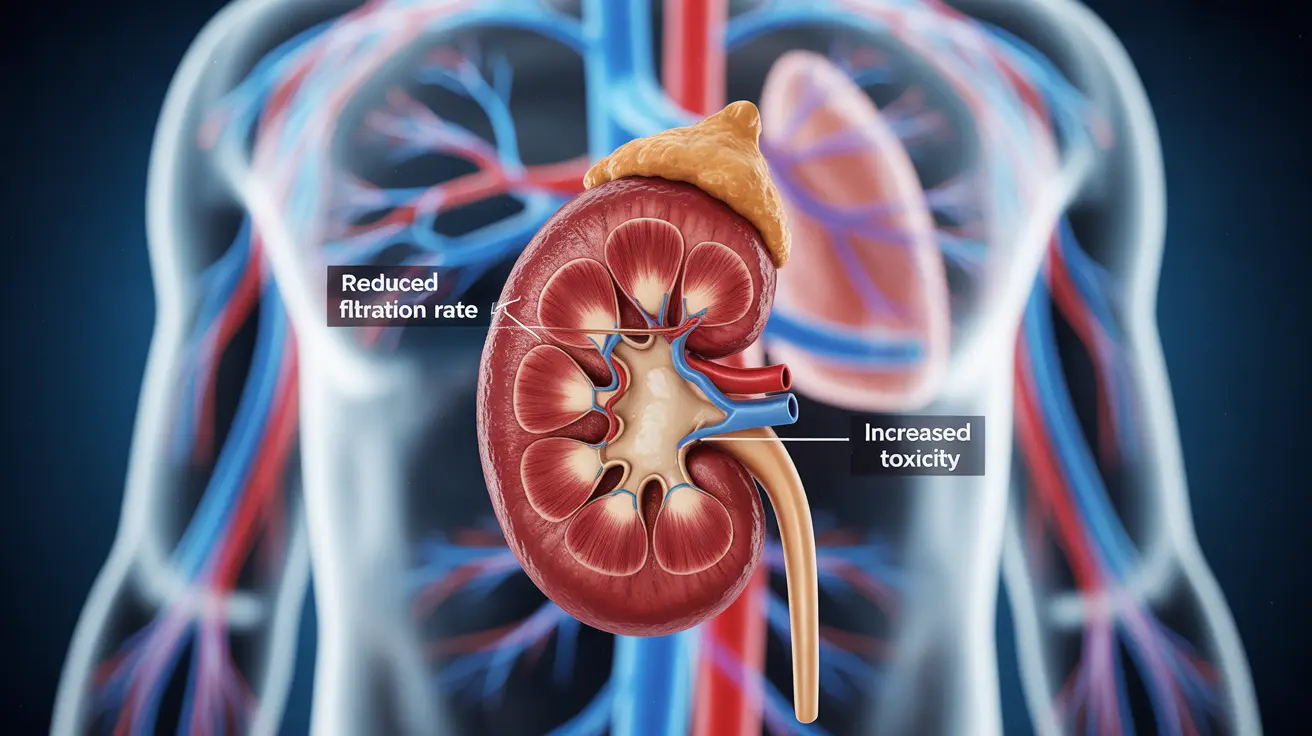Understanding the early signs of kidney damage from alcohol consumption is crucial for preventing serious health complications. As vital organs responsible for filtering waste and maintaining body fluid balance, your kidneys can be significantly impacted by excessive alcohol use. Recognizing these warning signs early can help you take action before permanent damage occurs.
Understanding How Alcohol Affects Your Kidneys
Alcohol can harm your kidneys in multiple ways, from disrupting their filtering ability to causing dangerous changes in body fluid balance. When you consume alcohol, your kidneys must work harder to filter this toxin from your blood, which can lead to increased stress on these vital organs.
Early Warning Signs of Alcohol-Related Kidney Damage
Changes in Urination Patterns
One of the first indicators of kidney damage from alcohol may include changes in your urination habits. You might notice:
- Changes in urine color or clarity
- Increased nighttime urination
- Painful or difficult urination
- Changes in urine output
Physical Symptoms
Several physical symptoms can indicate developing kidney problems:
- Swelling in feet, ankles, or legs
- Unexplained fatigue
- Lower back pain
- Nausea or vomiting
- Persistent itchy skin
The Connection Between Alcohol and Blood Pressure
Regular alcohol consumption can lead to elevated blood pressure, which creates a dangerous cycle of kidney stress. High blood pressure damages blood vessels in the kidneys, while compromised kidneys can further increase blood pressure, creating a harmful feedback loop.
The Liver-Kidney Connection
Alcohol's impact on kidney health is closely tied to liver function. When alcohol damages the liver, it can trigger a cascade of effects that harm the kidneys:
- Increased toxin buildup in the blood
- Disrupted hormone balance
- Altered blood flow patterns
- Inflammation throughout the body
Prevention and Management Strategies
Moderate Alcohol Consumption
The most effective way to prevent alcohol-related kidney damage is to limit alcohol intake. Guidelines suggest:
- No more than one drink per day for women
- No more than two drinks per day for men
- Regular alcohol-free days each week
Lifestyle Changes
Supporting kidney health requires a comprehensive approach:
- Maintaining proper hydration
- Following a balanced, kidney-friendly diet
- Regular exercise
- Regular medical check-ups
- Blood pressure monitoring
Frequently Asked Questions
What are the first signs of kidney damage from alcohol and how can they be identified early?
The earliest signs include changes in urination patterns, swelling in extremities, fatigue, and lower back pain. Regular medical check-ups with blood and urine tests can help identify kidney damage before symptoms become severe.
Can excessive alcohol consumption increase the risk of chronic kidney disease, and how does it affect blood pressure?
Yes, excessive alcohol consumption can significantly increase the risk of chronic kidney disease. It raises blood pressure, which damages kidney blood vessels and creates a harmful cycle of increasing damage to both systems.
How does heavy drinking impact liver health, and what role does liver disease play in kidney damage?
Heavy drinking can cause liver inflammation and scarring, which affects blood flow and toxin filtration. When the liver is damaged, it cannot properly support kidney function, leading to increased strain on both organs.
Are there specific types of alcohol that are more harmful to kidney health than others, or does the amount consumed matter more?
The amount of alcohol consumed matters more than the type. All forms of alcohol can potentially damage the kidneys when consumed in excess. The key factor is the total amount of pure alcohol consumed over time.
What lifestyle changes can help prevent or manage kidney damage caused by excessive alcohol consumption?
Key lifestyle changes include reducing alcohol intake, maintaining proper hydration, following a healthy diet, exercising regularly, monitoring blood pressure, and getting regular medical check-ups. Early intervention and consistent healthy habits are crucial for kidney health.




